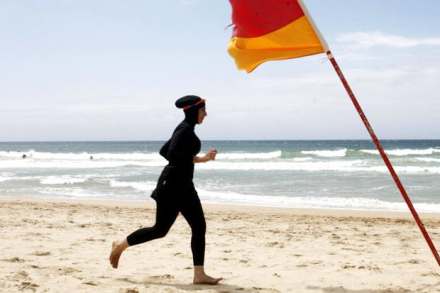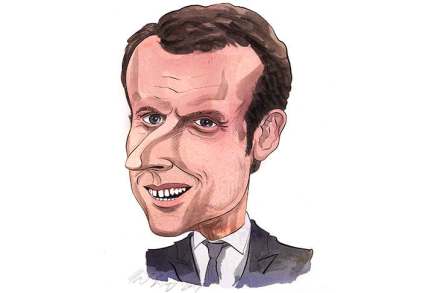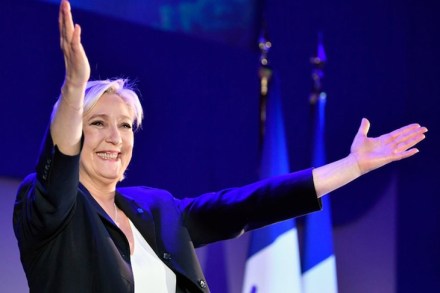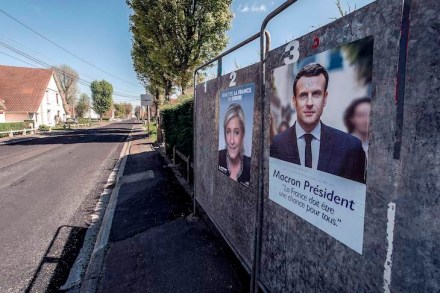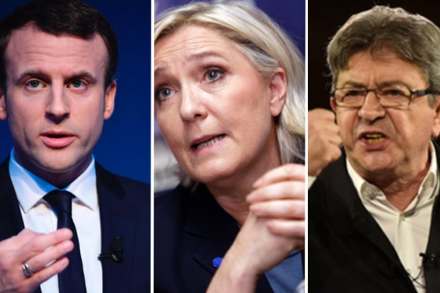France’s burkini row returns
Bad weather swept across southern France over the May Day holiday but summer is just around the corner and with it will come the burkini. Last week, a call was issued to burkini-wearers to gather at the Cannes film festival later this month, with the organiser saying it will be the perfect moment ‘to celebrate together this freedom in the town that was the first to ban the burkini’. The burkini brouhaha of last August made headlines around the world but it soon blew over like a summer storm. A handful of beaches on the Cote d’Azur banned young women from wearing the Islamic swimsuit, citing concerns over public disorder,
